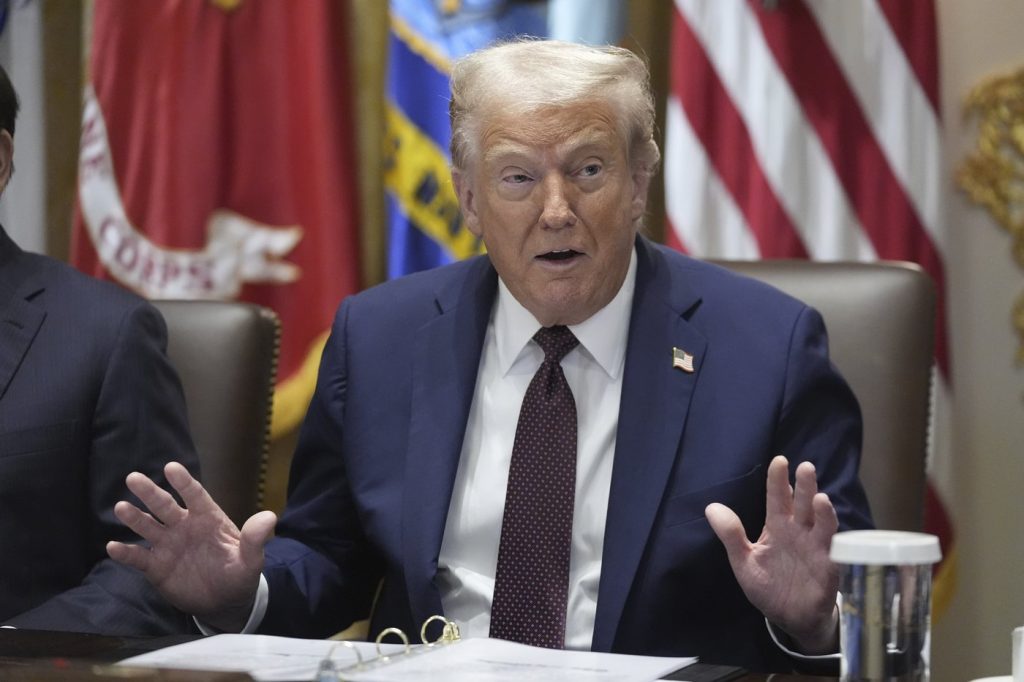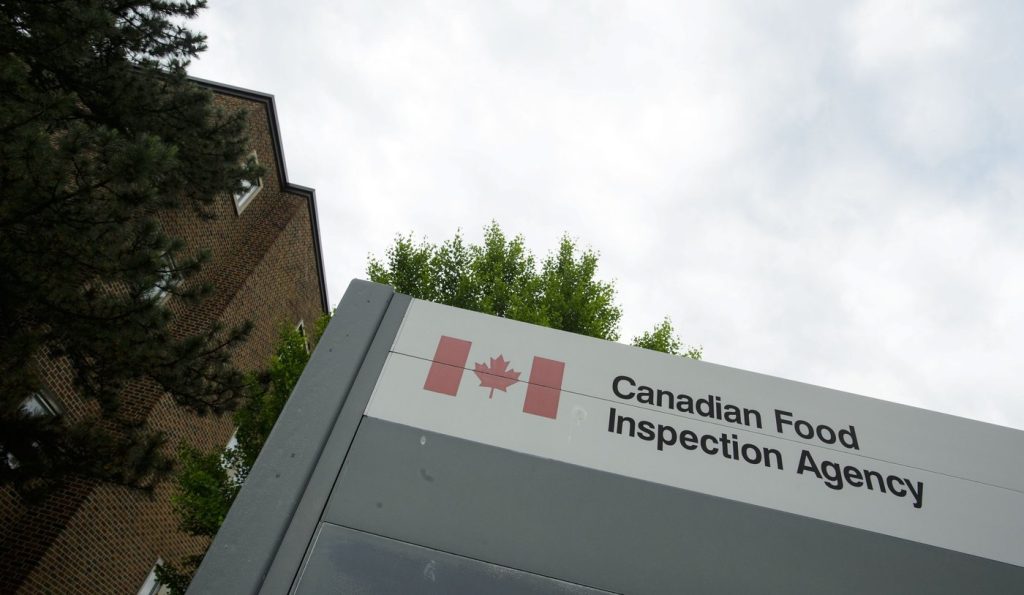The U.S. Court of Appeals for the Federal Circuit ruled on Friday that former President Donald Trump overstepped his legal authority in imposing extensive tariffs on nearly all countries under an emergency powers law. This ruling is a significant legal setback for Trump, as it largely supports a previous decision made by a specialized federal trade court in New York in May. The court stated, "It seems unlikely that Congress intended to… grant the President unlimited authority to impose tariffs" in a ruling that was passed 7-4.
However, the court refrained from immediately striking down the tariffs, granting Trump's administration until mid-October to appeal to the Supreme Court. In response to the ruling, Trump asserted via his social media platform that allowing this decision to stand would "literally destroy the United States of America." White House spokesman Kush Desai expressed confidence that the administration acted lawfully and anticipated victory in the upcoming appeal.
The tariff ruling impacts a broad range of businesses and consumer markets. Jeffrey Schwab, an attorney representing small businesses adversely affected by the tariffs, noted that this decision reaffirms that Trump does not possess unlimited power to impose tariffs independently. Meanwhile, Jake Colvin, president of the National Foreign Trade Council, emphasized that if these tariffs were overturned, it would serve as a crucial reminder for Congress to reclaim its constitutional duty to regulate duties, ultimately providing U.S. businesses with stability and consumers with relief.
Democratic Senator Ron Wyden of Oregon announced his intent to push for votes aimed at repealing the tariffs, which he described as harmful and regressive taxes. The ruling complicates Trump's goal of radically transforming American trade policy on his own. While he has alternative legal frameworks available for imposing tariffs, they would restrict his ability to act swiftly and decisively. The inconsistent application of his tariffs has rattled global markets, estranged U.S. trading allies, and raised concerns regarding higher consumer prices and sluggish economic growth.
Trump's tariff strategy significantly relies on these measures to apply pressure on international partners like the European Union and Japan. It has also facilitated the collection of tens of billions in revenue to offset the massive tax cuts he signed into law on July 4. Legal experts predict that a ruling against the tariffs could undermine a crucial aspect of the administration's negotiation tactics. A dissenting opinion from the judges in the case suggests a legislative path forward for Trump, questioning whether the 1977 law that enables emergency actions is an unconstitutional delegation of power.
The government contended that if the tariffs were annulled, it might have to refund the collected import taxes, which could lead to significant financial consequences for the U.S. Treasury. Current tariff revenue is reported at $159 billion, more than double the amount collected at the same period the previous year. The Justice Department has indicated that much of the revenue collected might prompt refund requests, potentially creating "financial ruin" for the United States.
The appeals court's ruling scrutinizes two categories of tariffs that Trump justified under the 1977 International Emergency Economic Powers Act (IEEPA). The first set comprises tariffs he announced on April 2, which included up to 50% tariffs on countries with which the U.S. has trade deficits. The second category encompasses the "trafficking tariffs" initiated on February 1, aimed at Canada, China, and Mexico to address drug trafficking and immigration issues.
Opponents of the tariffs argued that such measures did not adhere to the IEEPA's definition of a national emergency, as the U.S. has experienced trade deficits for 49 consecutive years. The Trump administration contended that previous presidents had exercised similar powers in times of economic crises. Nevertheless, the specialized federal trade court ruled that Trump exceeded his authority with the tariffs linked to the so-called national emergency.
This ongoing legal challenge sidesteps other tariffs imposed by Trump, such as those on foreign steel and aluminum, as well as those on Chinese goods, which President Joe Biden has maintained. Although Trump could explore other legal avenues for imposing import taxes, such options are more limited in scope compared to the broad authority he attempted to leverage through IEEPA.












